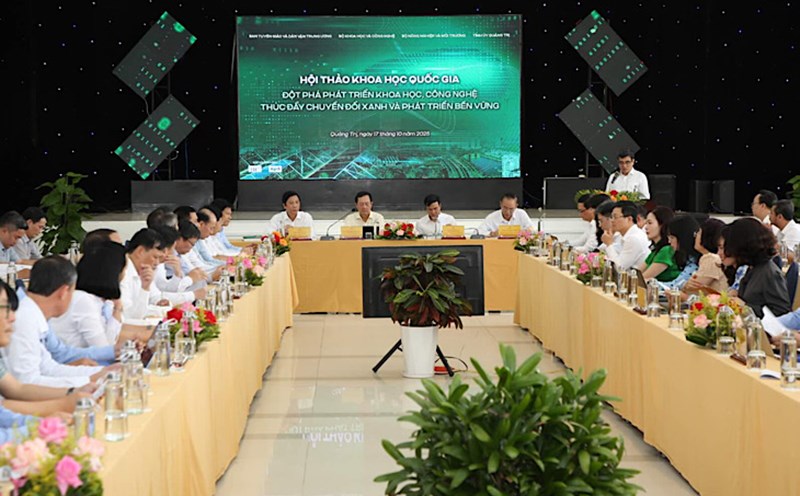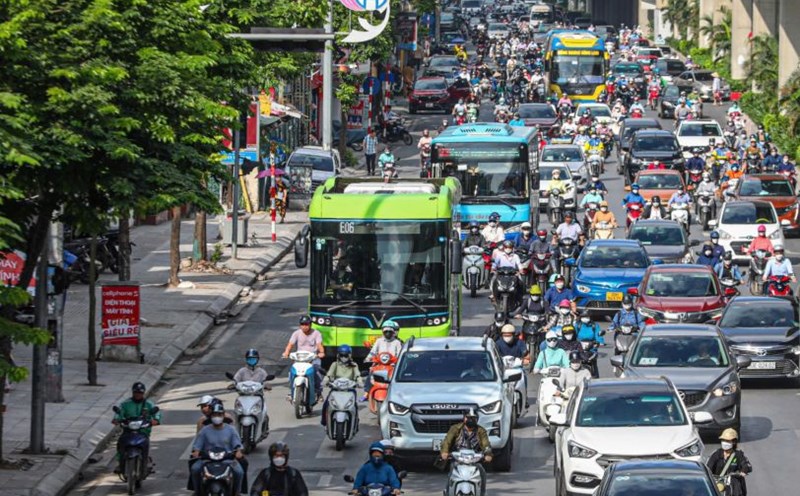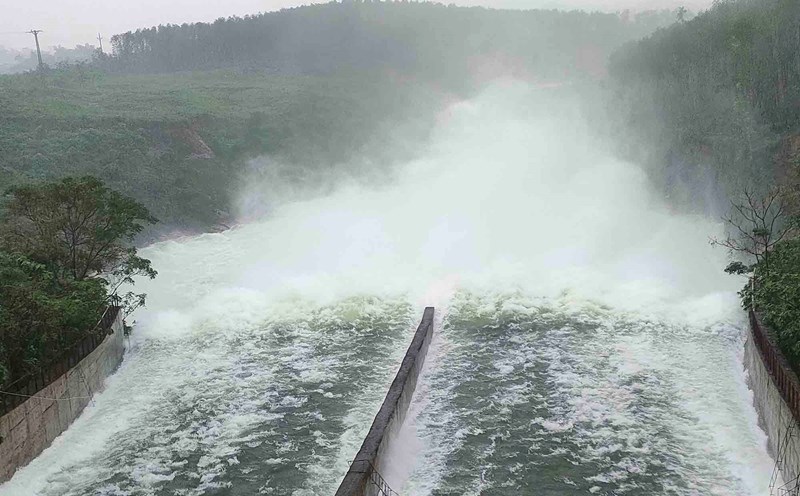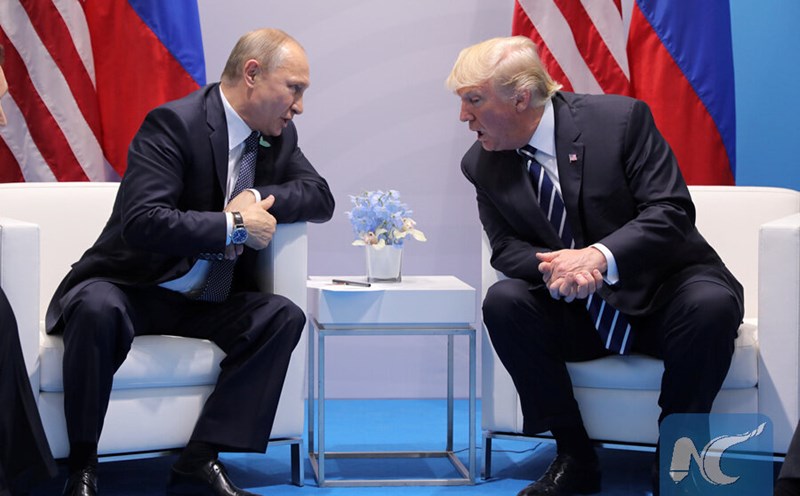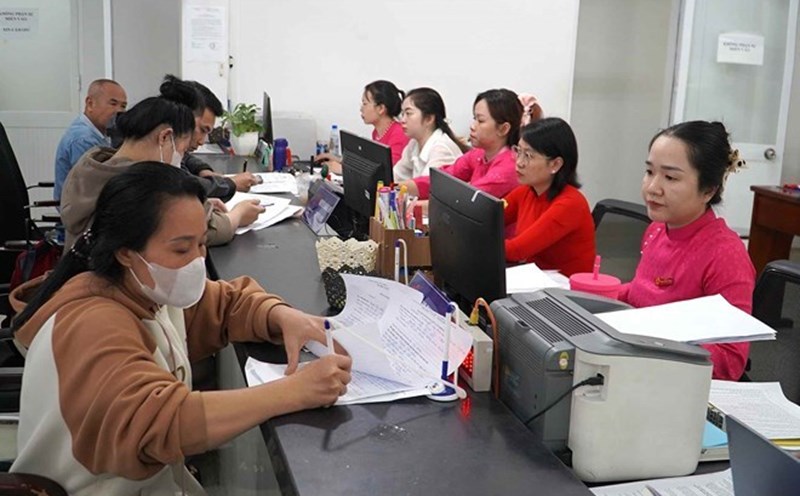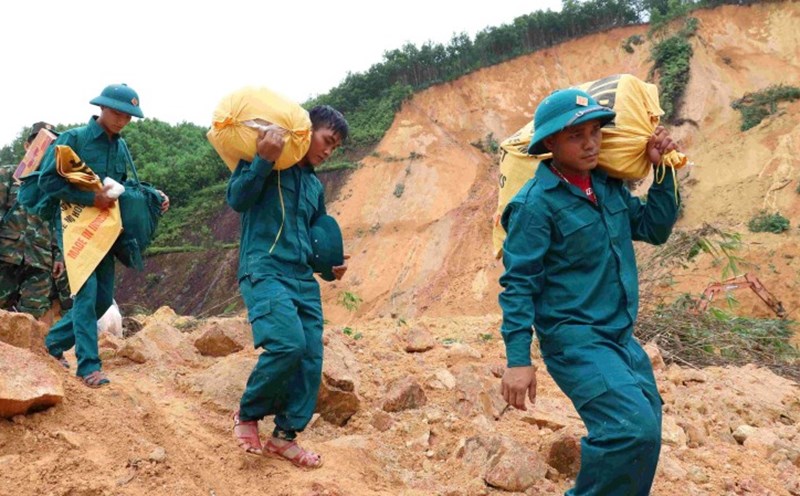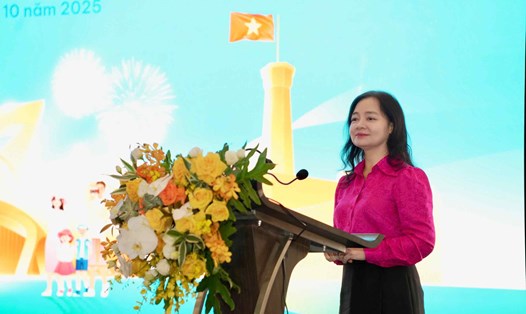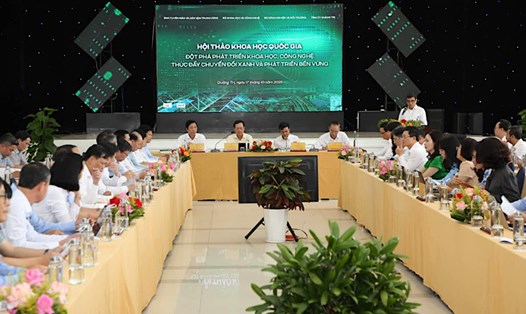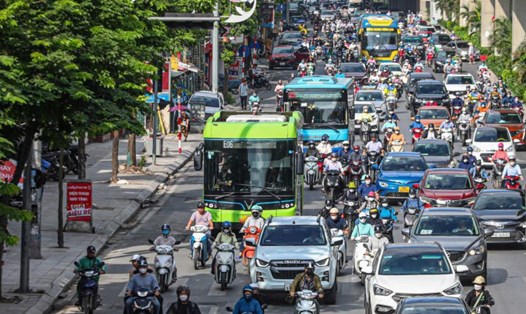Digital infrastructure is still limited, not strongly attracting private capital for green projects
In the discussion sessions on socio-economics at the 10th Session of the 15th National Assembly, developing a green economy is the content that many delegates are interested in and discuss.
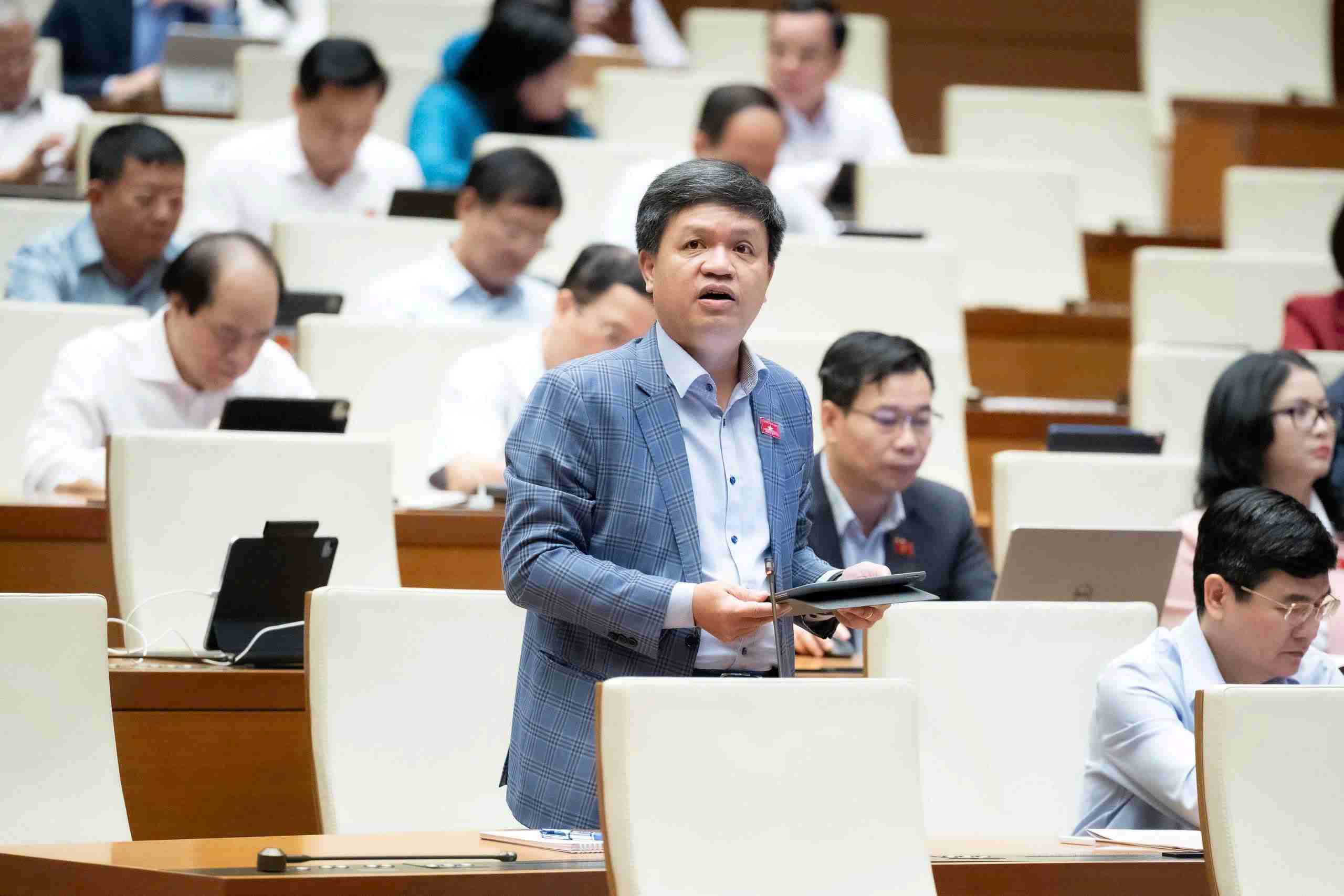
Delegate Ta Dinh Thi - Vice Chairman of the Committee for Science, Technology and Environment said that over the past 5 years, Vietnam has been implementing two major transformations: digital transformation and green transformation, achieving very impressive results. However, our country is still facing challenges in the transformation process, not only technical but also related to institutions, resources and awareness such as: Shortage of high-quality human resources in key areas; unsynchronized digital infrastructure; limited State budget, not strongly attracting private capital for green projects; not effectively exploiting the potential of digital technology to promote the circular economy, reduce emissions; lack of integrated models between digital technology and green solutions in production, consumption, etc.
"Reality shows that digital transformation and green transformation are not a short-term race, but a fundamental, comprehensive transformation that requires perseverance, determination, determination and synchronization in direction, management and implementation," said Mr. Thi.
According to delegate Ta Dinh Thi, to overcome those challenges, it is necessary to have a long-term vision with specific, appropriate steps, drastic actions, with the synchronous implementation of the "four pillar resolutions" and the policies that the National Assembly is considering to help shape the image of Vietnam in the new era as a Digital State and a Green State, focusing on:
First, Vietnam must not only catch up, but also lead in some key areas of the 4.0 Industrial Revolution with a vibrant technology startup ecosystem, R&D centers for AI, semiconductors and international-class research institutes; build a comprehensive digital society, with people and businesses as the center; form a dynamic digital economy with an increasingly large contribution to GDP, based on the "Made in Vietnam" technology platform, with regional and global technology brands.
Second, developing low-carbon agriculture, green industry and sustainable services. The Mekong Delta has become a global symbol of climate change adaptation. Make the most of the advantages of wind, solar, and biomass to ensure energy security and clean energy exports. Vietnam is an attractive destination for sustainable tourism with rich natural heritage and culture preserved and promoted, especially the majestic natural seas.
Proposing more rewards and incentives for green economic activities
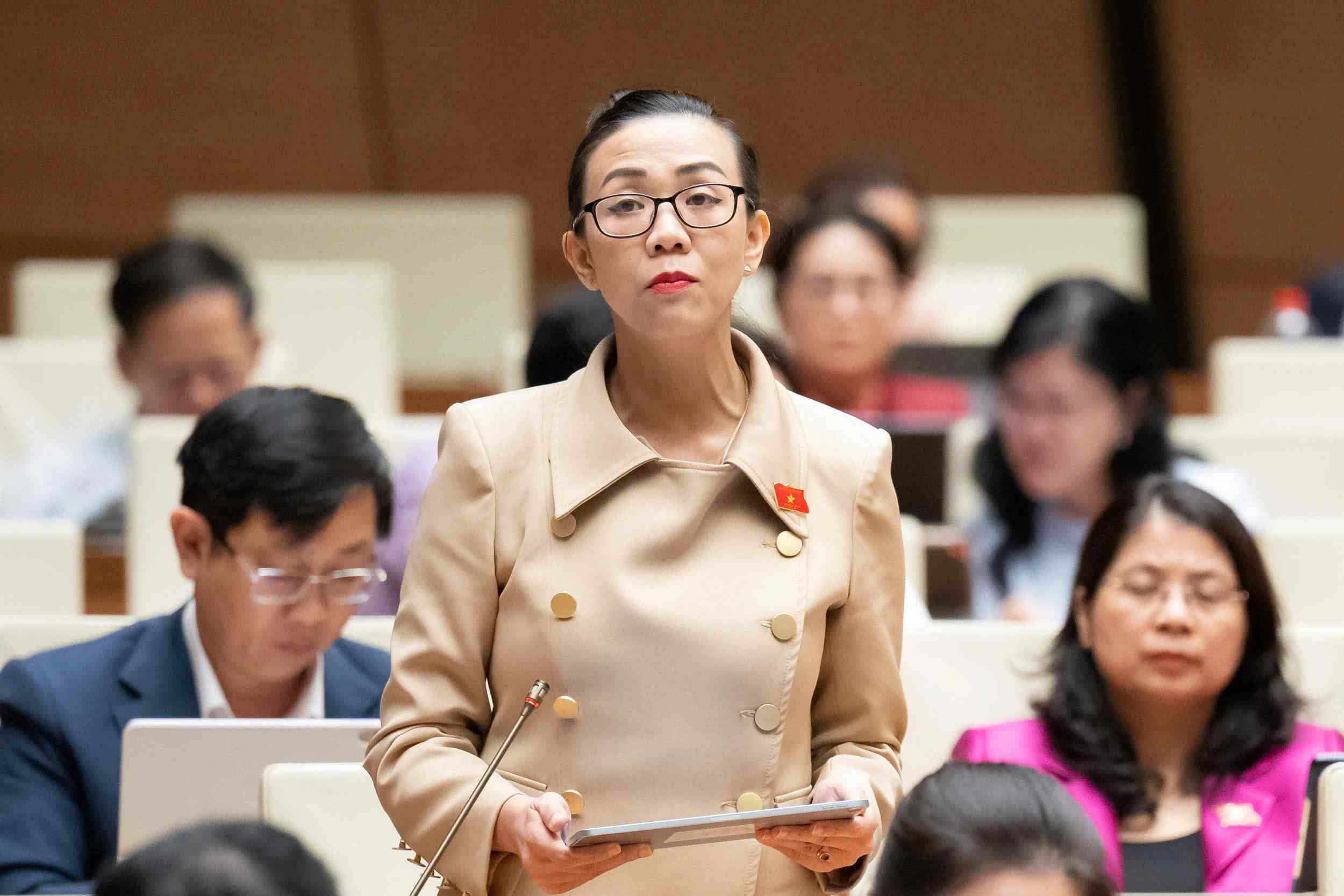
Delegate Trinh Thi Tu Anh (Lam Dong Delegation) said that the Law on Environmental Protection 2020 is a big step forward in the transition from administrative management to management based on flexible economic tools. For the first time, economic tools in environmental protection are regulated in Section 1, Chapter XI of the Law on Environmental Protection 2020.
Since the law took effect, the Government has issued Decision No. 687 on developing a circular economy and Decision No. 21 determining green criteria for investment projects. These tools demonstrate the principle that polluting people must pay and beneficiaries must contribute financially. This is an important legal foundation to orient the transformation of the growth model, encourage green production and consumption, and at the same time promote a circular economy, where waste from one process becomes raw material for another.
Green financial instruments such as green credit and green bonds have been deployed in a number of localities, piloting the issuance of green bonds and businesses starting to access the market with sustainable international bonds.
Taxes and environmental protection fees have brought in a significant source of revenue for the budget, while positively affecting the awareness and behavior of businesses and people, but currently, many businesses still consider taxes and fees as mandatory costs, without the motivation to innovate clean technology.
From this practice, delegate Trinh Thi Tu Anh suggested that mechanisms and policies need to continue to be improved in the direction of further socio-economic protection of environmental protection such as: It is necessary to consider adjusting tax and fee levels to accurately reflect environmental costs and expanding the application to uncontrolled pollution activities; integrating green criteria and circular economy into budget allocation, prioritizing environmentally friendly projects; strictly applying the principle that polluting people must pay and encouraging green initiatives by reducing taxes or environmental service fees...
"In addition to punishing polluting acts with taxes and fees, the State needs to reward and encourage more green and circular economic activities, increase incentives for the green economy such as supporting green credit interest rates, ensuring loans for businesses investing in clean technology and expanding the issuance of green bonds to mobilize social capital" the delegate emphasized.


